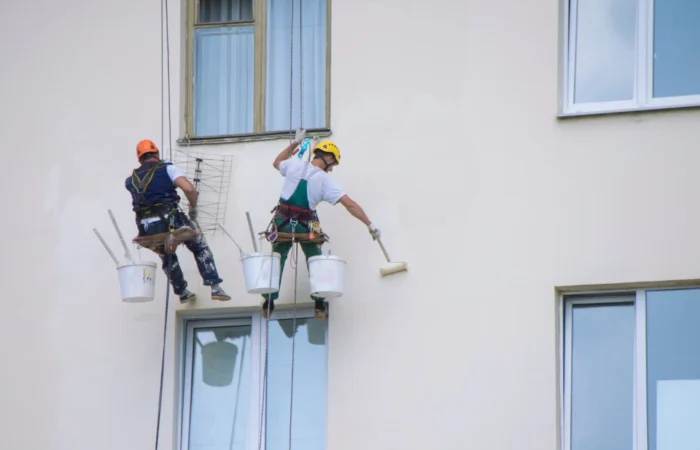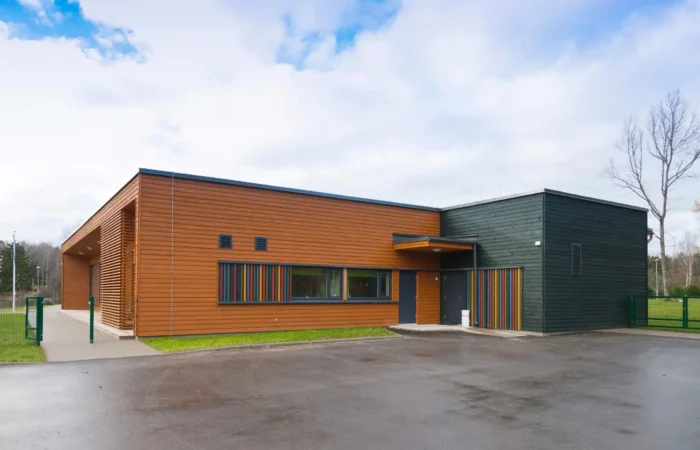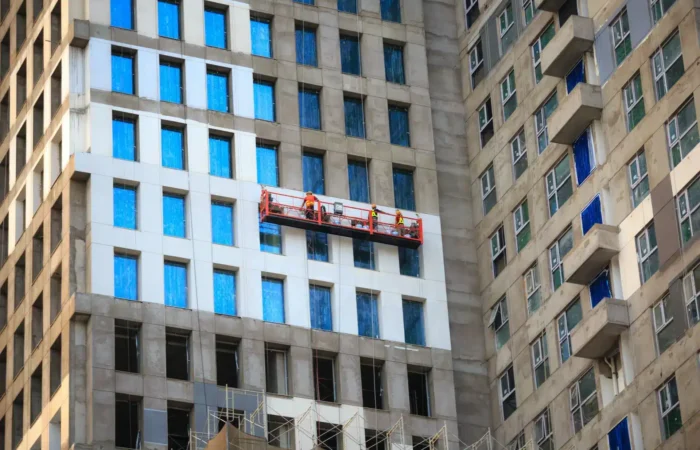
5 Questions to Ask Before Hiring a Commercial Painter
Choosing the right commercial painter is essential for ensuring a high-quality, durable finish for your project. Before you make your decision, it’s important to ask the right questions to find a painter who is experienced, reliable, and equipped to meet your needs.
Factors to Consider Before Hiring Commercial Painters
When it comes to commercial painting in Sydney, Key questions include their experience with similar projects, licensing and insurance status, estimated timelines, materials and techniques used, and a detailed quote. These questions will help you make an informed choice and secure a professional who can deliver excellent results on time and within budget.
Ready to Hire a Professional Painter?
- Experience and Expertise
- Quality of Materials
- Time Efficiency
- Cost and Value
5 Questions to Ask Before Hiring a Commercial Painter
Before hiring a Commercial Painter, it’s very important to ask them a set of questions to verify their efficiency in their work. Here are the list of 5 important questions you need to ask before hiring a commercial painter:
What is Your Experience with Commercial Projects?
What Quality of Materials Do You Use?
Can You Complete the Project in My Desired Timeframe?
How Do You Ensure Safety and Compliance?
Safety is paramount in commercial painting projects. Ask about their safety protocols, insurance coverage, and how they comply with regulatory standards. This not only protects you from liability but also ensures a safe working environment for everyone involved. A professional commercial painter should have comprehensive safety plans and be willing to discuss how they handle hazardous materials, work at heights, and manage risks associated with commercial painting.
What is Your Pricing Structure?
Best Practices and Standards for Rope Access Service
- Rigorous Training and Certification
- Regular Equipment Inspections
- Adherence to Safety Regulations
- Detailed Planning and Risk Assessment
- Environmental Considerations
Frequently Asked Questions

 Danyelli Rosa2023-08-23On behalf of Peter A. - Committee Member of Birkenhead Quays I have been in the building industry industry for over 50 years, I have never seen a building of this size being completed two months ahead of schedule and under budget. Thanks to Vincent and Yusif they have been amazing. CPR team are true professionals with qualified trade people. Out of 148 apartments not 1 complaint. I would highly recommend them if you want friendly and hassle free servers.
Danyelli Rosa2023-08-23On behalf of Peter A. - Committee Member of Birkenhead Quays I have been in the building industry industry for over 50 years, I have never seen a building of this size being completed two months ahead of schedule and under budget. Thanks to Vincent and Yusif they have been amazing. CPR team are true professionals with qualified trade people. Out of 148 apartments not 1 complaint. I would highly recommend them if you want friendly and hassle free servers. Birkenhead Quays2023-08-21I am the Building Manager for Birkenhead Quays in Drummoyne NSW. I am absolutely thrilled to share my incredible experience with CPR! Every aspect of their work, from the initial consultation to the final brushstroke, exuded a sense of excellence. The attention to detail they displayed was remarkable; it was evident that they took great pride in delivering flawless results. What truly sets CPR apart is their commitment to understanding and meeting their clients' needs. They took the time to listen to our vision and preferences, incorporating them seamlessly into their approach. The final result was a masterpiece that exceeded all our expectations. Furthermore, their professionalism and punctuality were second to none. Deadlines were not only met but surpassed, showcasing their dedication to providing a seamless and stress-free experience. Their team worked efficiently and neatly, ensuring that our building was left even more immaculate than when they arrived. CPR is a shining beacon of excellence. If you're looking for a painting company that delivers unwavering professionalism, and a truly remarkable experience, look no further. I am beyond grateful for their exceptional work and can't recommend them highly enough. A big thank you to Vicente, Hussain, Namat, Yusif, Dinesh and Mark on this project. Sincerely, Danyelli Rosa - Birkenhead Quays
Birkenhead Quays2023-08-21I am the Building Manager for Birkenhead Quays in Drummoyne NSW. I am absolutely thrilled to share my incredible experience with CPR! Every aspect of their work, from the initial consultation to the final brushstroke, exuded a sense of excellence. The attention to detail they displayed was remarkable; it was evident that they took great pride in delivering flawless results. What truly sets CPR apart is their commitment to understanding and meeting their clients' needs. They took the time to listen to our vision and preferences, incorporating them seamlessly into their approach. The final result was a masterpiece that exceeded all our expectations. Furthermore, their professionalism and punctuality were second to none. Deadlines were not only met but surpassed, showcasing their dedication to providing a seamless and stress-free experience. Their team worked efficiently and neatly, ensuring that our building was left even more immaculate than when they arrived. CPR is a shining beacon of excellence. If you're looking for a painting company that delivers unwavering professionalism, and a truly remarkable experience, look no further. I am beyond grateful for their exceptional work and can't recommend them highly enough. A big thank you to Vicente, Hussain, Namat, Yusif, Dinesh and Mark on this project. Sincerely, Danyelli Rosa - Birkenhead Quays Judy P2023-07-26High quality work, customer-focused service, impressive outcomes. Project Manager Vicente Barba and his team were professional and responsive.
Judy P2023-07-26High quality work, customer-focused service, impressive outcomes. Project Manager Vicente Barba and his team were professional and responsive. Fran Lubotzky2023-03-10This company is outstanding!! So professional, such great communication, such clean, tidy and brilliant work painting our very high and large building with next to no disruption, hassle or inconvenience. I highly recommend this company. Fran
Fran Lubotzky2023-03-10This company is outstanding!! So professional, such great communication, such clean, tidy and brilliant work painting our very high and large building with next to no disruption, hassle or inconvenience. I highly recommend this company. Fran Ross Elsley2022-08-01We live by the sea and CPR completed painting of the exterior of our Strata Building in 2015. Seven (7) years later, it still looks great.
Ross Elsley2022-08-01We live by the sea and CPR completed painting of the exterior of our Strata Building in 2015. Seven (7) years later, it still looks great. Andrew Digby2022-06-23Cannot fault this company. They were professional and polite and keep the occupants well informed as to their activities! Our building looks like new again. The employees are friendly and helpful.
Andrew Digby2022-06-23Cannot fault this company. They were professional and polite and keep the occupants well informed as to their activities! Our building looks like new again. The employees are friendly and helpful. Bevo2022-06-19We have just recently had our building facade painted by the team from CPR. The building was built in 1969 and is 8 stories in height - the abseiling worked perfectly for the job. Over 30 years I have been involved in many major projects and the guys from CPR were delightful to work with. The team was led by Vicente and nothing was a problem - the guys were always there to help. The response from other residents in the building is the same - everyone thought all the guys on the job were very friendly, punctual, polite and super obliging. The communications throughout the job was always open with weekly site meetings. We have had positive comments from many of our neighbours about the fantastic result and I would not hesitate to recommend CPR. Katrina
Bevo2022-06-19We have just recently had our building facade painted by the team from CPR. The building was built in 1969 and is 8 stories in height - the abseiling worked perfectly for the job. Over 30 years I have been involved in many major projects and the guys from CPR were delightful to work with. The team was led by Vicente and nothing was a problem - the guys were always there to help. The response from other residents in the building is the same - everyone thought all the guys on the job were very friendly, punctual, polite and super obliging. The communications throughout the job was always open with weekly site meetings. We have had positive comments from many of our neighbours about the fantastic result and I would not hesitate to recommend CPR. Katrina Renee Goossens2022-05-24Our experience with Facade upgrade specialists was excellent. The attention to detail wonderful. The entire performance was faultless. The team worked diligently with care and precision as they quietly abseiled down our building. It was a long job over two buildings but it was noteworthy that Abdul and his team worked long hours here. There were no raised voices and than goodness no loud radios. For fifteen months, partly due to Covid, our building seemed to be under siege. Scaffolding had been required by the noisy team who needed to remove then our combustible cladding. Having your Facade team was sheer delight after what had previously been a rude and noisy ordeal. Bravo to you all. Thanks for your good work.
Renee Goossens2022-05-24Our experience with Facade upgrade specialists was excellent. The attention to detail wonderful. The entire performance was faultless. The team worked diligently with care and precision as they quietly abseiled down our building. It was a long job over two buildings but it was noteworthy that Abdul and his team worked long hours here. There were no raised voices and than goodness no loud radios. For fifteen months, partly due to Covid, our building seemed to be under siege. Scaffolding had been required by the noisy team who needed to remove then our combustible cladding. Having your Facade team was sheer delight after what had previously been a rude and noisy ordeal. Bravo to you all. Thanks for your good work. Margaret Freemantle2022-05-10This company is so professional and passionate about their work, as well as being obliging and helpful. A pleasure to have this team painting our building. With thanks.
Margaret Freemantle2022-05-10This company is so professional and passionate about their work, as well as being obliging and helpful. A pleasure to have this team painting our building. With thanks.
